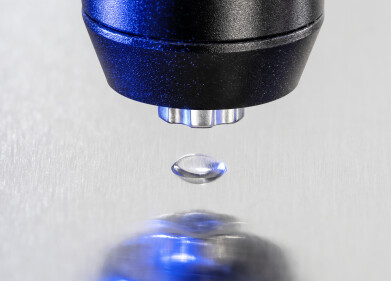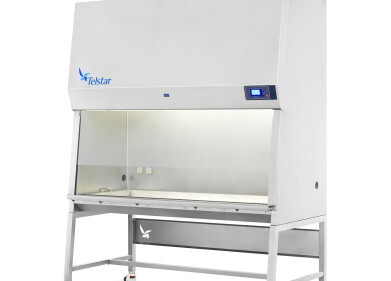-
 Anaesthetic and cancer link identified by UK researchers
Anaesthetic and cancer link identified by UK researchers
Laboratory Products
Anaesthetic and cancer link identified by UK researchers
Jul 01 2013
Experts in the UK have identified a potential link between a commonly-used form of aesthetic and the recurrence of cancer in patients.
Researchers from the Department of Surgery & Cancer at Imperial College London studied the effects on human cancer cells in the lab and found that it made the cells grow and move faster - two classic hallmarks of malignancy, which can lead to the tumour spreading aggressively around the body.
Though researchers say they are unsure whether the anaesthetic has the same effect in cancer patients, they suggest it may have major implications if future studies prove this to be the case, particularly as medical researchers often use isoflurane to anaesthetise mice in cancer studies.
The research was led by Dr Daqing Ma, an expert from the Department of Surgery & Cancer at Imperial College London, where previous studies had suggested that some anaesthetics can protect normal cells from damage caused by injury.
They set out to determine whether they might also protect cancer cells in the body, and so tested the effect of isoflurane on human kidney tumour cells in the lab, findings that isoflurane activated a chemical pathway normally triggered by low oxygen levels, which enables the growth of new blood vessels, and brings more blood and oxygen into tumours in cancer patients.
Dr Ma said the workings of anaesthetics at the cellular and molecular levels are still "largely a mystery", which leaves open the risk of dangerous side-effects.
"This study looked at cells in the lab, so we don’t know whether the same effects are present in the body. But we do know that the choice of anaesthetic can affect clinical outcomes, and we think this needs to be investigated further," he added.
The experts say the study may have important implications for pre-clinical research using live animals, as mouse models are usually given anaesthetic before laboratory procedures to prevent suffering, with isoflurane commonly used.
However, if future studies confirm the link between isoflurane and cancer progression or recurrence, it could subsequently affect the results when new cancer treatments are tested in mice and even mask the efficacy of potentially useful therapies.
Posted by Fiona Griffiths
Digital Edition
International Labmate 49.6 - Sept 2024
September 2024
Chromatography Articles - HPLC gradient validation using non-invasive flowmeters Mass Spectrometry & Spectroscopy Articles - From R&D to QC, making NMR accessible for everyone: Putting NMR...
View all digital editions
Events
Oct 06 2024 Liverpool, UK
Oct 08 2024 Gothenburg, Sweden
Oct 09 2024 Birmingham, UK
Oct 09 2024 NEC, Birmingham, UK
Oct 15 2024 Milan, Italy


.jpg)














